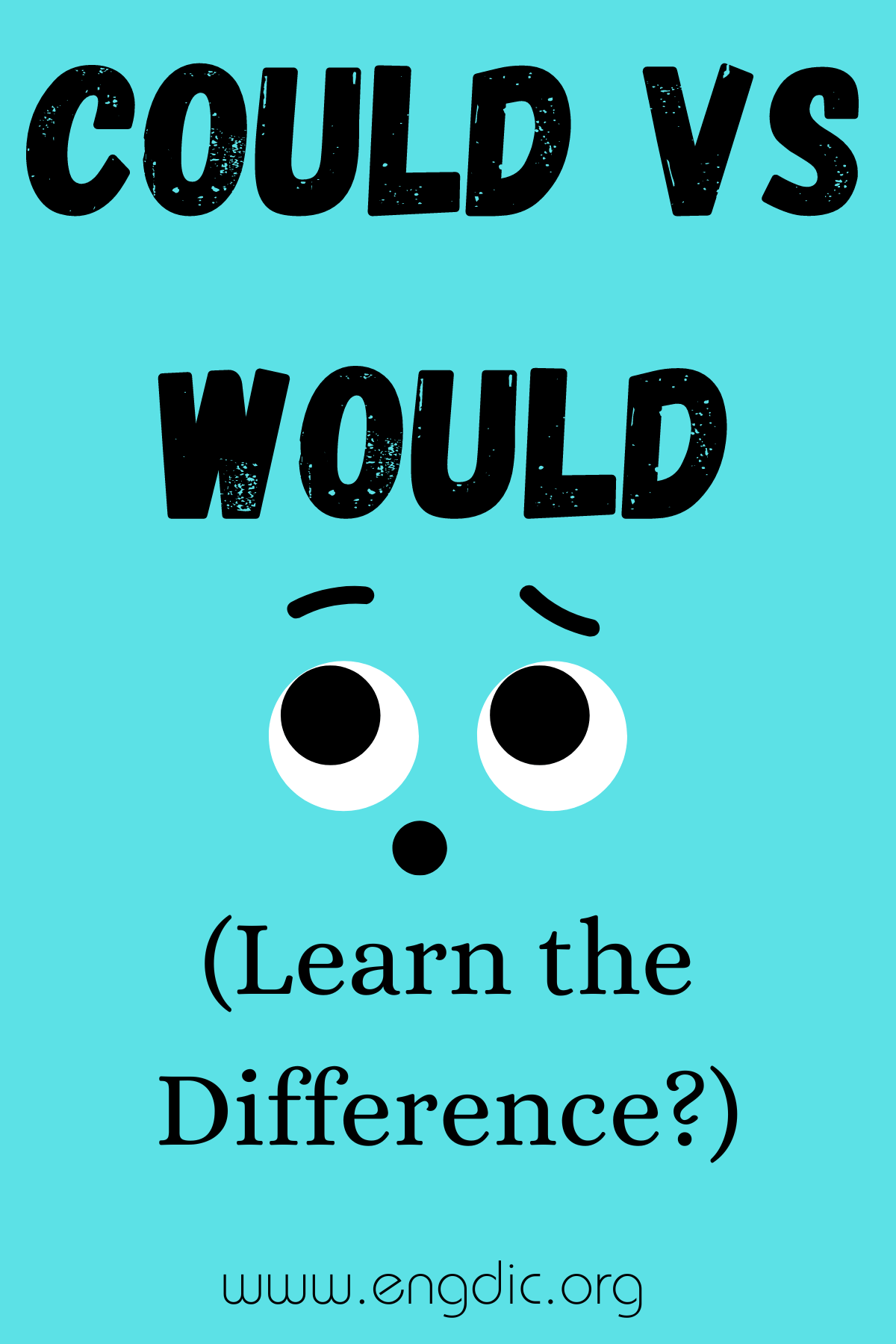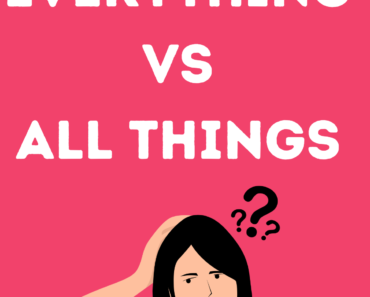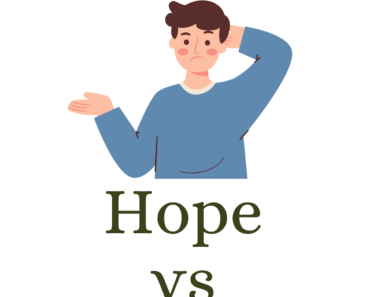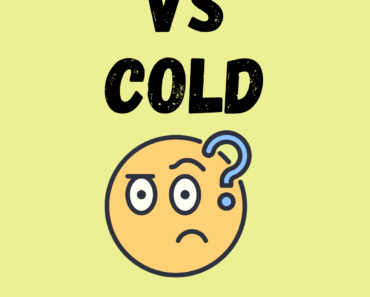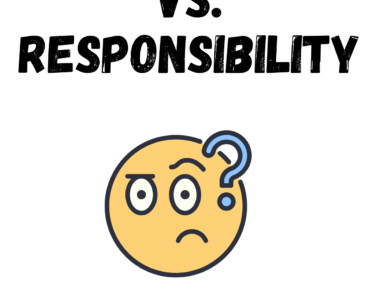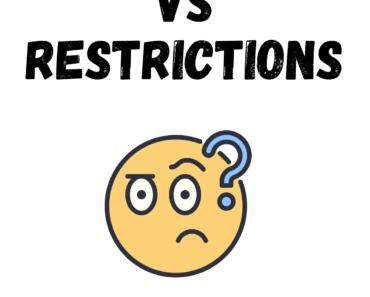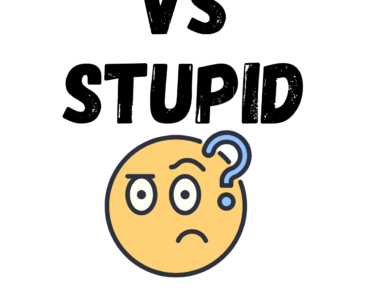When distinguishing between “could” and “would,” it’s essential to understand that both are modal verbs in English, often used to express possibility, ability, and polite requests, but they have different specific uses.
“Could” is typically used to indicate past abilities, possibilities, and hypothetical situations, reflecting something that was or might be possible. In contrast, “would” often denotes a hypothetical scenario, a future intention when used in the past tense, or a polite request or preference.
Definition and Usage of “Could”
Definition: “Could” is the past tense form of “can,” used to express ability in the past, possibility, permission, or to make polite requests.
Usage and Examples:
- Past Ability: It describes what someone was capable of doing in the past.
- Example: “When I was younger, I could run five miles easily.”
- Possibility: It suggests a hypothetical or potential action.
- Example: “If you tried harder, you could improve your grades.”
- Polite Requests: It softens requests to sound more polite.
- Example: “Could you please move your car?”
Definition and Usage of “Would”
Definition: “Would” is the past tense of “will,” used to express a hypothetical situation, a condition in a hypothetical context, future intention in the past, or to make polite offers and requests.
Usage and Examples:
- Hypothetical Situation: It’s used for actions in hypothetical circumstances.
- Example: “I would travel the world if I won the lottery.”
- Past Future Intention: When discussing past discussions about the future.
- Example: “She said she would finish the project by Monday.”
- Polite Requests: It is also used to make requests politely.
- Example: “Would you mind closing the door?”
